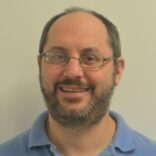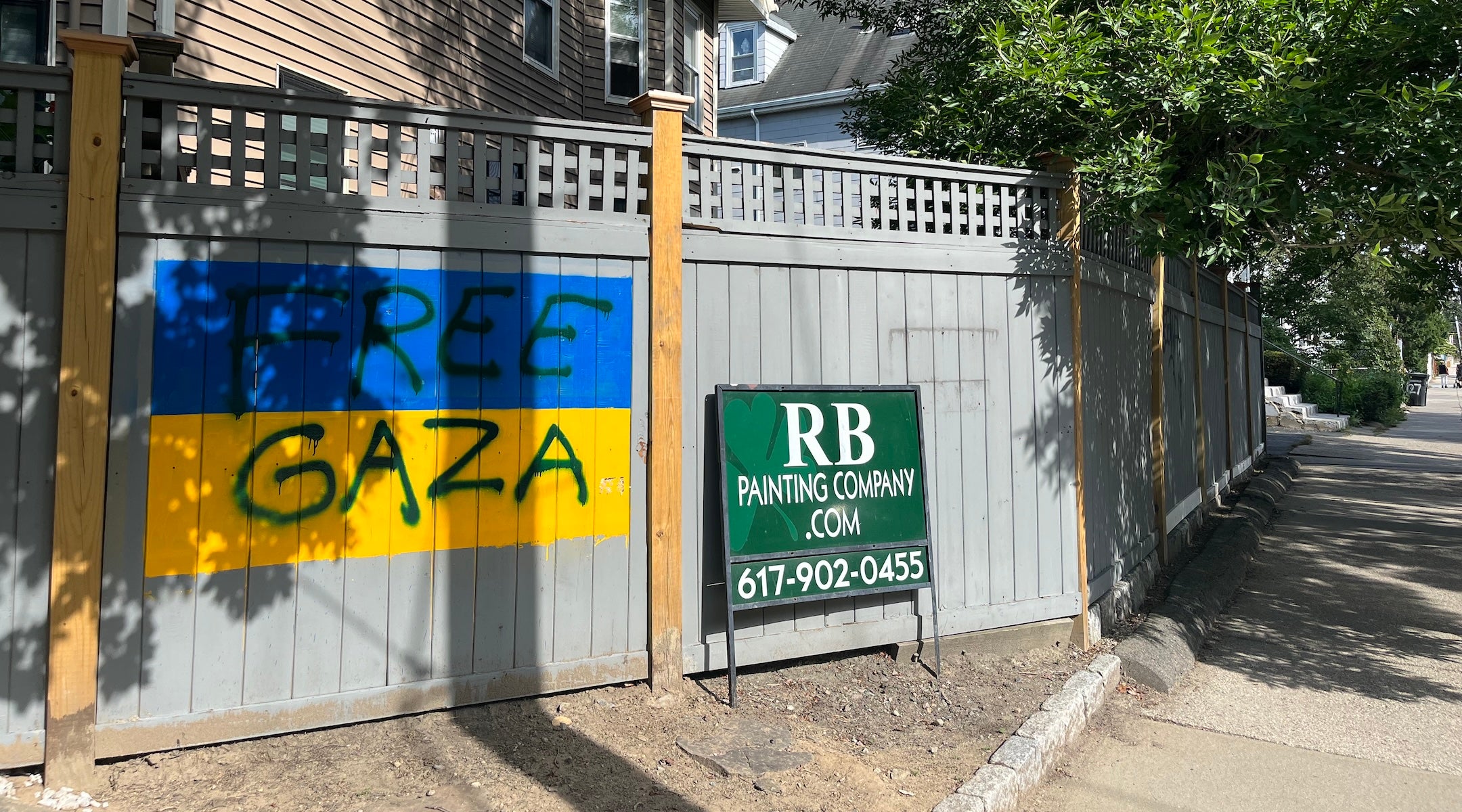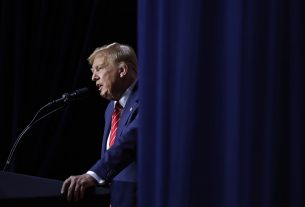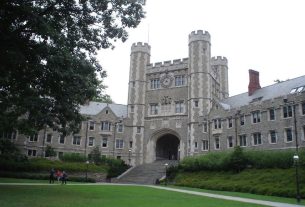I first declared myself a Zionist when I was 10 years old in 1981, singing the song of Camp Young Judaea Sprout Lake, which went like this: “We are Young Judaeans, we have a story to tell. Too young for Tel Yehudah, but Zionists just as well.” Tel Yehudah was the high school age camp of Young Judaea, the year-round, non-denominational Zionist “movement” founded in 1909.
I was deeply involved in Young Judaea through my high school graduation in 1988. At the time, 40 years after the creation of the state of Israel, being a Zionist was not controversial. But Zionism as a “‘movement” felt fossilized. Its main goal had been achieved generations earlier, but we were still learning about the pre-state ‘Zionist thinkers.” The question of Jewish political autonomy in our ancient homeland had long since been settled. Some Israelis laughed at us. Israel was their country, not a movement.
Flash forward another 35 years and Zionism is very far from being a consensus ideology. We have seen anti-Zionism rise to prominence in New York City with the election of Zohran Mamdani. But it has arguably has reached its highest pitch here in my current city of Somerville, Massachusetts, where 55% of the electorate recently answered “yes” to the following non-binding ballot measure:
“Shall the Mayor of Somerville and all Somerville elected leaders be instructed to end all current city business and prohibit future city investments and contracts with companies as long as such companies engage in business that sustains Israel’s apartheid, genocide and illegal occupation of Palestine?”
This is possibly the most vociferously anti-Israel ballot measure that has been passed by any municipality in the country, making Somerville the unofficial capital of anti-Zionism. Many may criticize this as radically outside the mainstream, but the leaders of Somerville for Palestine, who spearheaded the measure, would take such criticism as a badge of honor. They call it leading on the issue.
Since my high school days, until Oct. 7, 2023, I hadn’t given much thought to Zionism. I never had a great urge to move to Israel. I lived there for a year before and after college. I turned my Jewish engagement into more of a religious enterprise than a political one. But, like many Jews, I have a wide group of friends and family there, and Oct. 7 and its aftershocks rekindled my convictions that Jews cannot rely on anyone else to secure our own safety. I am once again an active Zionist.
But, being a Zionist in Somerville is, frankly, exhausting. My post-Oct. 7 “Stand with Israel” sign was repeatedly stolen and vandalized just a few months into the war. This included a note from someone taped to the sign that ended in “Heil Hitler.”
In Somerville, there have been an ongoing parade of actions meant to isolate Israel and label it as the sole aggressor in the conflict. This included a hastily organized ceasefire resolution in January 2024 that originally did not condemn Hamas’ original attack. Following some last-minute scrambling that led to some improvements in the text, such as condemning Hamas, the measure passed 9-2.
An opponent of an Israel boycott ballot initiative in Somerville, Massachusetts, holds a sign in 2025. (Courtesy Brian Sokol)
In response, a group called “Shalom Somerville” was formed. This group counters the anti-Zionist narrative and actions and shares a more nuanced view of the conflict. It includes people from across the religious and political spectrum, all of whom agree on the basic idea that Israel has a right to exist as a Jewish state. Within that framework, a large majority of the group does not support the current Israeli government or how Israel conducted the war.
Shalom Somerville has had its work cut out for it.
There has been a “standout” for Palestine outside the high school nearly every day. Throughout 2024 and 2025, many city community events have been disrupted by Palestinian activists. This includes Pride events, Disability events, film screenings, local markets, and festivals and an endless stream of graffiti. My own appointment to Somerville’s Human Rights Commission was also opposed by a letter-writing campaign on the basis of my professed Zionism. Protesters — Jewish and not — even showed up to the city’s Hanukkah celebration.
One additional key feature of local anti-Zionism is the extent to which it has divided the Jewish community itself. Somerville for Palestine has amplified the voices of Jews who agree with them. Several editorials signed by lists of self-identifying Jews have appeared in local newspapers. Local synagogues have had to struggle not to alienate either side in order to sustain their membership and some modicum of Jewish unity, with at least one issuing a formal non-statement that left frustrated people on both sides of the issue. Our sanctuaries are no longer sanctuaries.
But the biggest skirmish was the ballot measure. It was originally proposed in March 2025. The City Council meeting that voted whether the question could go directly to the ballot was attended by Somerville for Palestine activists, with their keffiyehs, signs, songs and chants. The City Council decided not to send the measure directly to ballot, but to require ballot supporters to gather the requisite number of signatures (approximately 5,800). As those opposing the ballot passed the chanting crowds while leaving the meeting, some were insulted and spat upon. The local head of the New England ADL, a Somerville resident who also spoke at the meeting, had to be escorted to her car by police officers. Thus began months of canvassing where the ballot measure was peddled in every major town square.
Meanwhile, Shalom Somerville focused on preparing for the November vote. We decided to highlight the impact of the measure on Somerville, while also noting that the measure would not have any real effect on Palestinians in Gaza. Despite our objections to the language of the measure, we did not want to be litigating the war. We wanted our local officials to “focus on Somerville,“ not Israel and Palestine. For example, we emphasized that boycotting the construction equipment giant Caterpillar would make it much harder to rebuild our schools and roads, and that boycotting HP, the supplier of laptops for our schools, would cost the schools more money and negatively affect local students and teachers.
We spent the summer organizing and raising funds. When we did start sending out mailers and creating social media ads and posts, we were called carpetbaggers. The campaign also raised several legal issues with the ballot approval process, including the lack of a 150-word pro and con discussion on the ballot itself. Lacking this, less engaged voters were more likely to see it as a simple vote for or against genocide, which the text proclaims as if this were a non-controversial, established fact. These court challenges were called anti-democratic. Both the outside influence and undemocratic charges also tapped into myths of hidden Jewish wealth and power.
The final election result should be understood as a split decision. The ballot passed, but not by a landslide. More importantly, Jake Wilson, the mayoral candidate who said he would not implement the measure, beat Willie Burnley, Jr., who pledged to enact it. This could be taken to mean that the majority of voters either were comfortable with the “statement of conscience” but not with the prospect of implementation. Or, more likely, voters simply had higher priorities in their choices for city government. Voters were focused on Somerville after all.

At left: Somerville for Palestine supporters celebrate a projected win for Question 3, a non-binding resolution imploring the Boston suburb to divest from companies that do business with Israel, Nov. 4, 2025; a still from an ad opposing the measure paid for by a local Jewish group. (Screenshot via Instagram; Screenshot via YouTube)
The ballot measure was just a beginning. The proponents will now push at every turn to implement it. And Shalom Somerville will push back. All of this, will happen regardless of events on the ground in the Middle East or issues we could be working on together in Somerville. The ceasefire currently in place made barely a ripple in the local political climate. Shalom Somerville is also exploring ways to not just react to anti-Israel efforts but to engage positively in creating spaces for dialogue and deeper understanding of Israel and Palestine.
As one of the leaders of Shalom Somerville said after the election, Jews know how to be in the minority and continue to fight for our own dignity. We have done that throughout history. We had grown unaccustomed to this need here in America, but we have tapped back into that deep, generational knowledge. As a first step, we have found each other, learned to support each other, disagreed civilly, relied on each other’s skills, built coalitions, and fought back. Like the first Young Judaeans way back in 1909, we have started a new movement.
Power the news that matters to you. Before 2025 ends, help (JEWISH REVIEW)’s independent, award-winning newsroom document Jewish history in real-time.

lives in Somerville, Mass. with his wife and three children.
The views and opinions expressed in this article are those of the author and do not necessarily reflect the views of (JEWISH REVIEW) or its parent company, 70 Faces Media.



